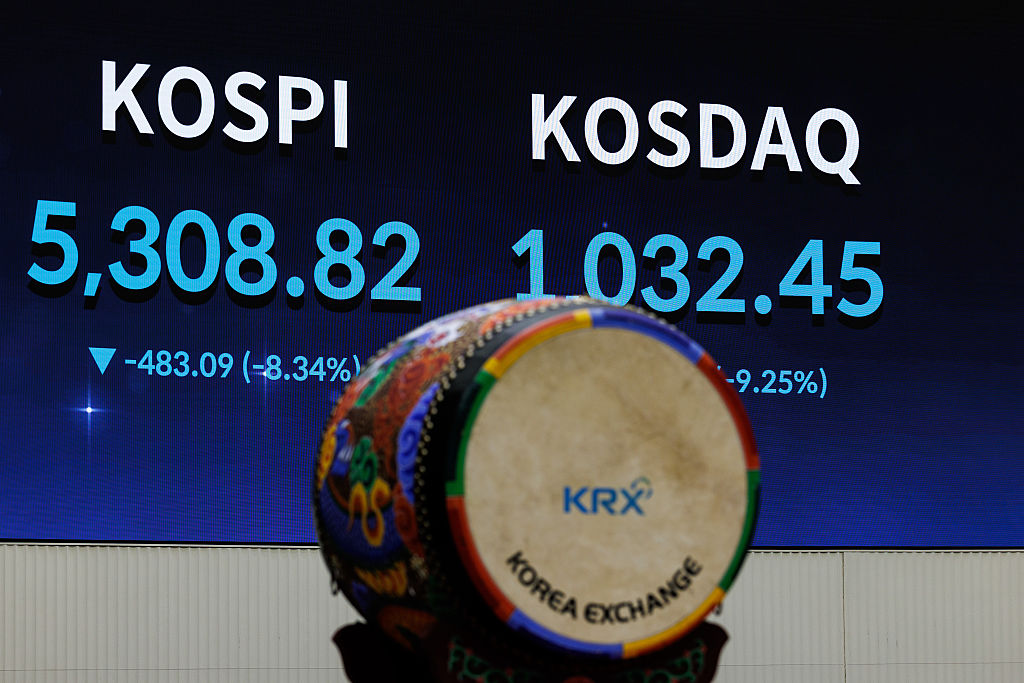Get the latest financial news, insights and expert analysis from our award-winning MoneyWeek team, to help you understand what really matters when it comes to your finances.
You are now subscribed
Your newsletter sign-up was successful
Want to add more newsletters?
The past week has provided UK economy watchers with quite a bit more detail regarding what the Bank of England might do with base rates at its November policy committee meeting (more likely than October as November's meeting coincides with the latest quarterly inflation reforecast).
Interest rate predictions: inflation data
Firstly, on 12th September, we received August's Consumer Price data. The Bank has indicated its increasing unwillingness to be goaded into pursuing the "core" or underlying CPI measure of inflation too aggressively (for fear that it might undermine its apparently hawkish stance). On this occasion the headline rate of inflation reversed July's fall to 2.4% year on year, back to 2.5% year on year, driven by an increase in core inflation from 0.9% in July to 1.1% in August, itself a function of reduced discounting in clothing and furniture sales offset in part by lower increases in petrol pump prices than a year ago.
For background, the Bank's previously targeted RPI increased from an annualised 3.3% to 3.4% in August, while RPI-X jumped up to 3.3% year on year from 3.1% in July. Despite continuing quiet in the labour market to date the Bank is likely to remain wary regarding the possibility of spiralling wage demands on the back of rising inflation data. With the latest round of gas and electricity price hikes still to work into the data near-term risks lie to the upside, hence the Bank's apparent position.
Try 6 free issues of MoneyWeek today
Get unparalleled financial insight, analysis and expert opinion you can profit from.

Sign up to Money Morning
Don't miss the latest investment and personal finances news, market analysis, plus money-saving tips with our free twice-daily newsletter
Don't miss the latest investment and personal finances news, market analysis, plus money-saving tips with our free twice-daily newsletter
Interest rate predictions: public opinion
The results of the Bank's own "Attitudes" Survey indicates that the high profile accorded such price hikes by the media have made an impact on consumer psyche. Over August, the Bank's Survey pointed to an increase in consumers' perceptions regarding the direction of prices over the past twelve months from 2.7%, to 2.8%, pretty close to the actual jump in headline CPI. Significantly the public still expects inflation to rise by c2.5% over the next 12 months, high by recent standards and providing some underpinning to the Bank's position.
But before we all begin collective back slapping about how prescient we all are and how we "called the Bank's next move correctly" it might be worth pointing out that the public are actually a pretty poor barometer of future conditions. Sufficient evidence exists across a number of surveys to question the public's collective predictive power. Perhaps heightened inflation expectations reflect little more than the projecting of past experience into the future, rather than a detailed analysis of the possible impact of higher university tuition fees!
Note too, those of you looking for hard evidence, that the public's expectation of future inflation currently stands below its perception of where inflation is right now! On balance, if the Bank elects to act in November and one of the tipping factors proves to be heightened public awareness of inflation as an issue (thus raising the spectre of higher future wage claims) it could be guilty of acting intemperately.
and so to the Minutes!
Interest rate predictions: the MPC minutes
On 20th September the Bank released the minutes of its early September prognostications. At the meeting the MPC elected 8 0 to keep rates on hold (a result which tells us little after August's surprise % point hike, to 4.75%). Within the Minutes the Bank noted, doubtless with some satisfaction, that the financial markets were already pricing in a further 0.25% hike before the end of the year. The markets may be, but to some extent that's just mechanistic. It would be inappropriate for the Bank to believe that just because the short sterling future strip prices in a rate hike in November that that is necessarily the view of the City (the separation of value adds value!) or indeed that it has telegraphed its intention sufficiently to justify its next action.
What worries us in particular is, as we pointed out above, that the Bank is indeed using short-term inflation expectations as the justification for a further rate hike. The jolt to developed equity markets around the world caused by very negative growth data from the Philadelphia Fed in its latest survey in that region of the United States illustrates the risks to cosy expectations regarding future growth. The absence of anything other than passing concerns expressed regarding the outlook for the global and US economies is peculiar, not least as the strength afforded sterling by such weakness would be expected to have a dampening effect on imported inflationary pressure.
We also take issue with the Bank's concern, as articulated, regarding a possible revival in profit margins should the recent decline in import prices prove to take the pressure off manufacturing and industrial input costs. Not only are profit margins already running at or close to cyclical highs, but the broad absence of sufficient investment in productive capacity still means that the UK remains unwilling to do much to level the playing field against an already dominant (and thriving) Asian competitor. The Bank may achieve a small victory if UK activity remains above trend and domestic demand holds up. Were activity levels to falter and demand to slip back this, coupled with rising inventory levels, could create a major headache for domestic manufacturers which a further rate hike would only serve to exacerbate not resolve.
We believe that the August rate hike was unnecessary (irrespective of what lagging inflation data may have shown), that the Bank does not need to raise base rates by a further quarter percentage point in November and should stand ready to cut rates in response to easing energy prices, slowing global economic activity and increasingly pressurised consumer spending.
By Jeremy Batstone, Director of Private Client Research at Charles Stanley
Get the latest financial news, insights and expert analysis from our award-winning MoneyWeek team, to help you understand what really matters when it comes to your finances.
MoneyWeek is written by a team of experienced and award-winning journalists, plus expert columnists. As well as daily digital news and features, MoneyWeek also publishes a weekly magazine, covering investing and personal finance. From share tips, pensions, gold to practical investment tips - we provide a round-up to help you make money and keep it.
-
 One million more pensioners set to pay income tax in 2031 – how to lower your bill
One million more pensioners set to pay income tax in 2031 – how to lower your billHundreds of thousands of pensioners will be dragged into paying income tax due to an ongoing freeze to tax bands, forecasts suggest
-
 Stock market circuit breaker: Why did Korean shares pause trading?
Stock market circuit breaker: Why did Korean shares pause trading?The fallout from the conflict in the Middle East hit the Korean stock market on 4 March, with shares forced to temporarily stop trading. What is a stock market circuit breaker, and why did the KOSPI trigger one?

